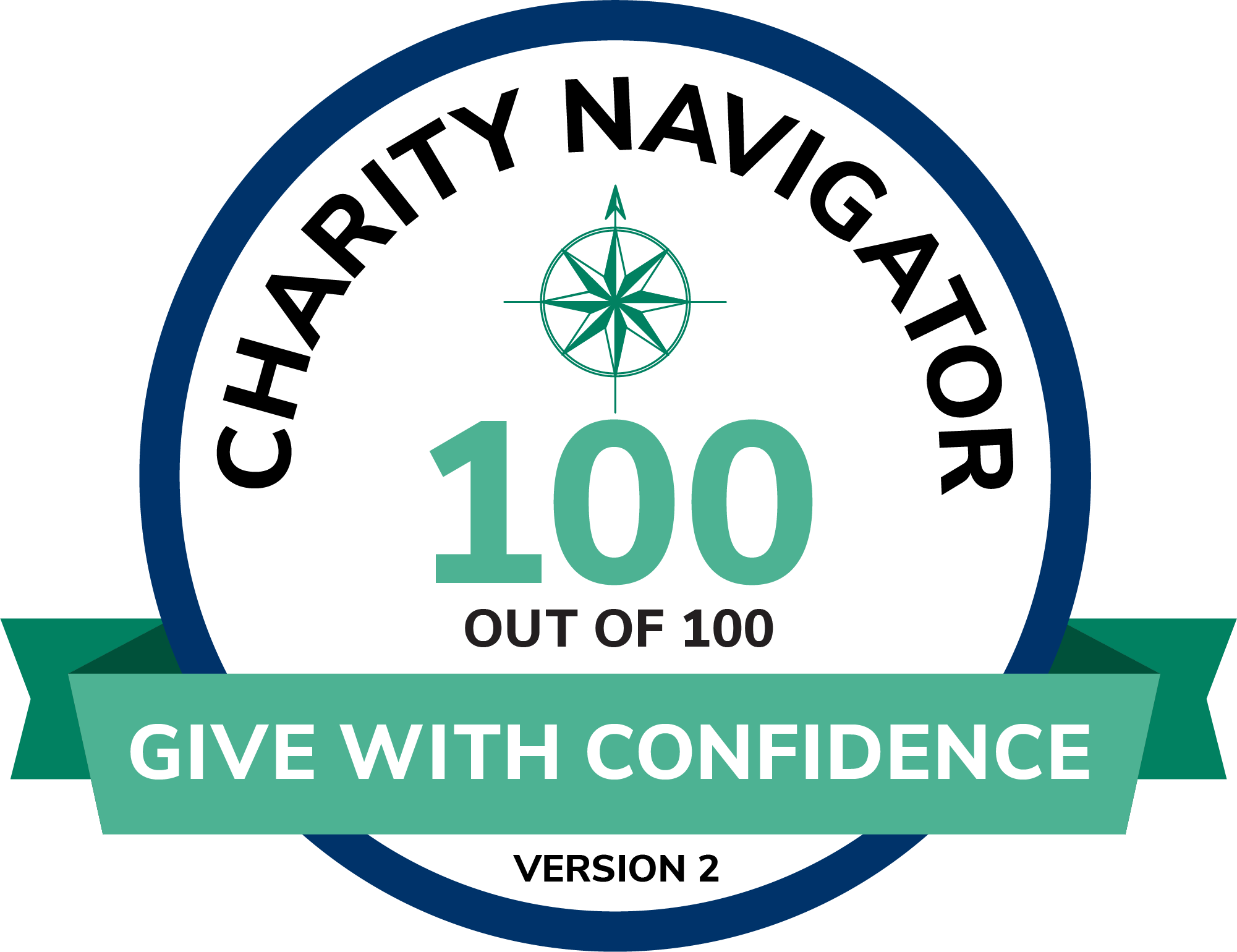OSHA’s Proposed Emergency Response Standard Presents Challenges to Fire Departments
March 26, 2024
 The Occupational Safety and Health Administration (OSHA) is proposing an extensive new safety and health standard, titled “Emergency Response,” to replace the existing “Fire Brigades Standard.” The Notice of Proposed Rulemaking for the “Emergency Response Standard” was published in the Federal Register on February 5, with the public comment period open until May 6.
The Occupational Safety and Health Administration (OSHA) is proposing an extensive new safety and health standard, titled “Emergency Response,” to replace the existing “Fire Brigades Standard.” The Notice of Proposed Rulemaking for the “Emergency Response Standard” was published in the Federal Register on February 5, with the public comment period open until May 6.
This proposed updated standard would issue hundreds of new requirements that may be very burdensome, and in many cases impossible, for volunteer fire departments to comply with. The National Volunteer Fire Council (NVFC) encourages volunteer departments and associations to submit comments on this proposed rule and request a public hearing so OSHA can have the best possible understanding of how this proposed rule would impact volunteer departments. We also encourage you to send a letter to OSHA requesting a 90-day extension to the public comment period on this proposed rule.
Additionally, please fill out this survey to assist the NVFC in collecting department data as we formulate our own comments on the proposed rule.
To assist you in developing your comments and public comment period extension letters, the NVFC has assembled this comment guide. This guide provides guidance on:
- Where to find the text of the proposed standard
- Where and how to submit your comments on the proposed standard
- How to evaluate if your department is covered by the proposed standard
- How to develop your comments
- What part of the proposed standard will impact volunteer departments the most
The NVFC’s comment guide also links you to a map of states with OSHA plans, a template for your comment extension letter, and webinars to further assist you in understanding whether or how the proposed rule would impact your department.
The NVFC recently hosted a Roundtable Talk on this issue, which you can watch here. View some of the questions and answers resulting from the live discussion here.
The NVFC has also put together this outline of the proposed standard to further highlight important language and provide additional context to the comment guide.



